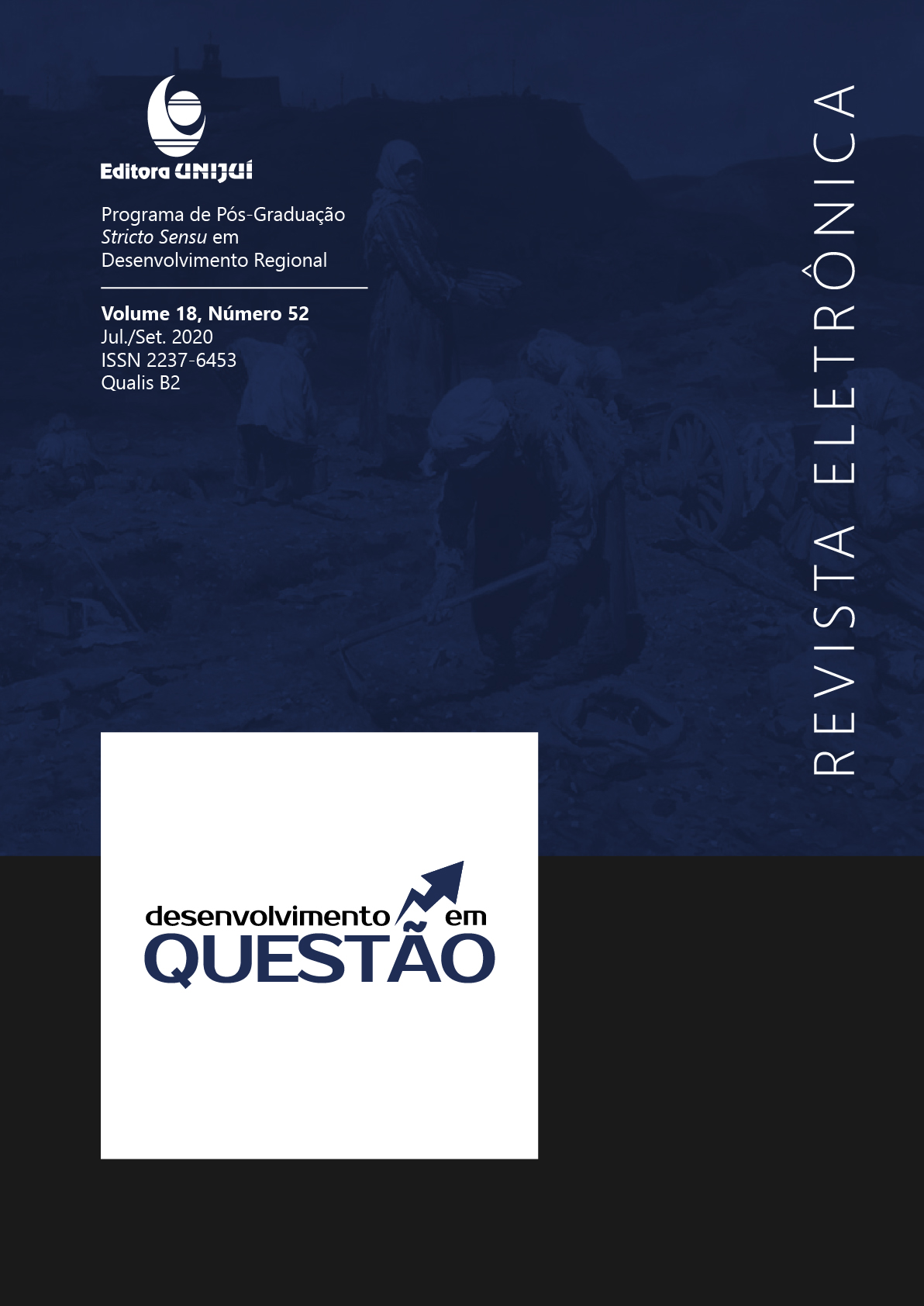Aprendizagem de Competências além da Sala de Aula: o papel dos programas extracurriculares
DOI:
https://doi.org/10.21527/2237-6453.2020.52.249-266Palavras-chave:
Aprendizagem Organizacional; Competências Profissionais; Ensino em Administração, Programas Extracurriculares.Resumo
O objetivo desta pesquisa qualitativa foi identificar e analisar as semelhanças e diferenças nos processos de aprendizagem e desenvolvimento de competências de estudantes, participantes nos programas extracurriculares Empresa Júnior (EJ), Iniciação Científica (IC) e Programa de Educação Tutorial (Pet). A investigação foi realizada com 15 estudantes dos cursos de graduação em Administração, matutino e noturno, da Universidade Federal do Espírito Santo. A coleta de dados foi realizada por meio de entrevistas semiestruturadas. Os dados foram analisados por meio do protocolo de análise qualitativa proposto por Gibbs (2009). Os achados sugerem que os processos de aprendizagem, vistos sob as lentes das aprendizagens situada, social, informal e incidental, contribuíram com o desenvolvimento de competências sociais, de gestão, de resolução de problemas, de comunicação e de investigação científica. Esta pesquisa destaca a importância dos programas extracurriculares como recursos que potencializam o desenvolvimento de competências dos estudantes. Isso ocorre, em grande medida, porque esses programas proporcionam a possibilidade de os estudantes realizarem a aproximação entre teoria e prática, contribuindo para o preenchimento das lacunas de formação existentes no modelo tradicional de ensino/aprendizagem universitário, baseada na transmissão/reprodução de conteúdo.
Downloads
Publicado
Como Citar
Edição
Seção
Licença
Ao publicar na Revista Desenvolvimento em Questão, os autores concordam com os seguintes termos:
Os trabalhos seguem a licença Creative Commons Atribuição 4.0 Internacional (CC BY 4.0), que permite:
Compartilhar — copiar e redistribuir o material em qualquer meio ou formato;
Adaptar — remixar, transformar e criar a partir do material para qualquer fim, inclusive comercial.
Essas permissões são irrevogáveis, desde que respeitados os seguintes termos:
Atribuição — Atribuição — os autores devem ser devidamente creditados, com link para a licença e indicação de eventuais alterações realizadas.
Sem restrições adicionais — não podem ser aplicadas condições legais ou tecnológicas que restrinjam o uso permitido pela licença.
Avisos:
A licença não se aplica a elementos em domínio público ou cobertos por exceções legais.
A licença não garante todos os direitos necessários para usos específicos (ex.: direitos de imagem, privacidade ou morais).
A revista não se responsabiliza pelas opiniões expressas nos artigos, que são de exclusiva responsabilidade dos autores. O Editor, com o apoio do Comitê Editorial, reserva-se o direito de sugerir ou solicitar modificações quando necessário.
Somente serão aceitos artigos científicos originais, com resultados de pesquisas de interesse que não tenham sido publicados nem submetidos simultaneamente a outro periódico com o mesmo objetivo.
A menção a marcas comerciais ou produtos específicos destina-se apenas à identificação, sem qualquer vínculo promocional por parte dos autores ou da revista.
Contrato de Licença (para artigos publicados a partir de 2025): Os autores mantêm os direitos autorais sobre seu artigo, e concedem a Revista Desenvolvimento em Questão o direito de primeira publicação.











